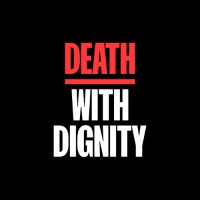
Death with Dignity
Death with Dignity is a national leader in end-of-life advocacy and policy reform. Our goal is to ensure people with a terminal illness can decide for themselves what a good death means in accordance with their values and beliefs, and that should include having an option for death with dignity. We won’t stop until that is a reality in every part of the United States. We are a 501(c)3, non-partisan, non-profit organization.






